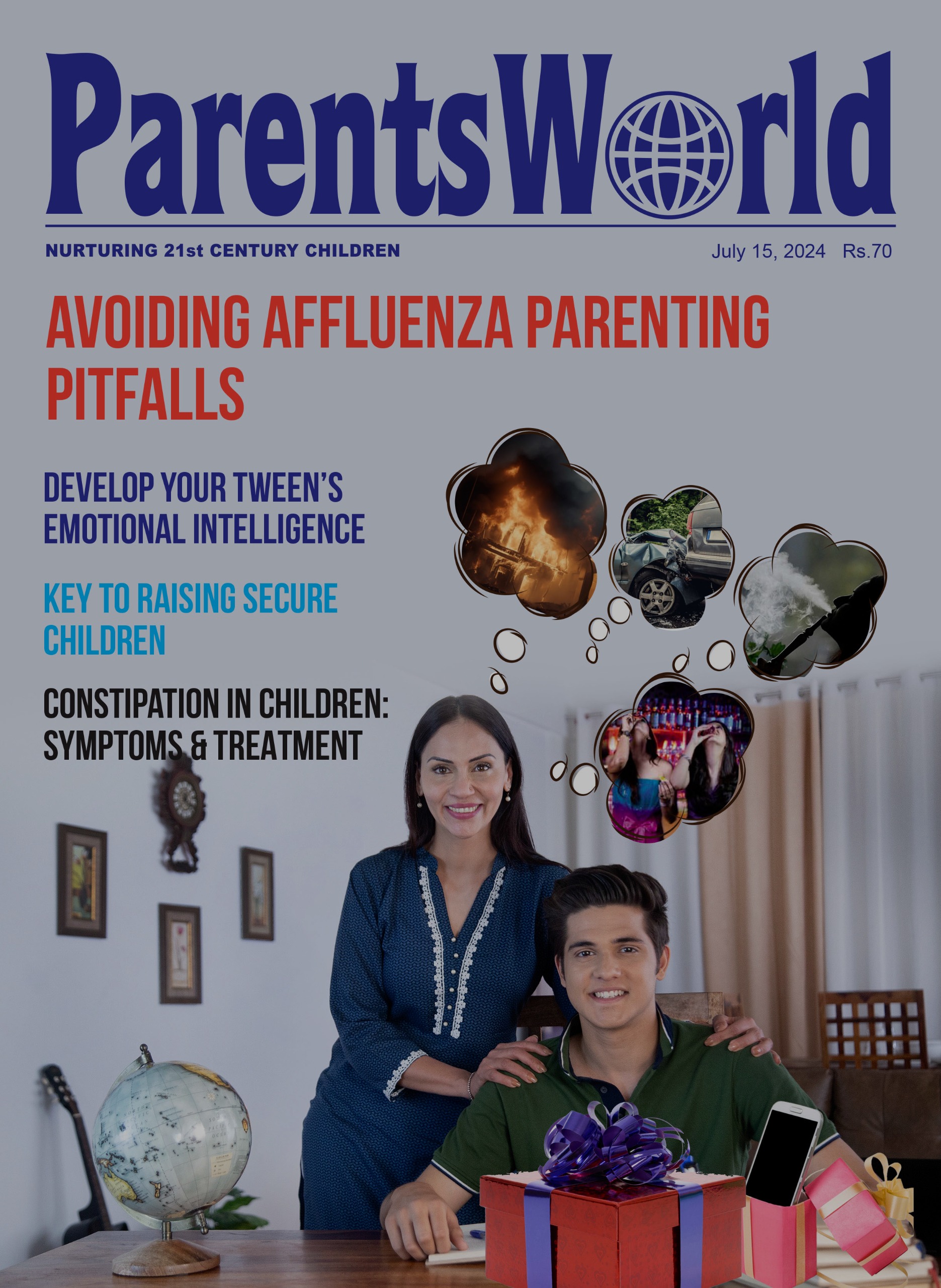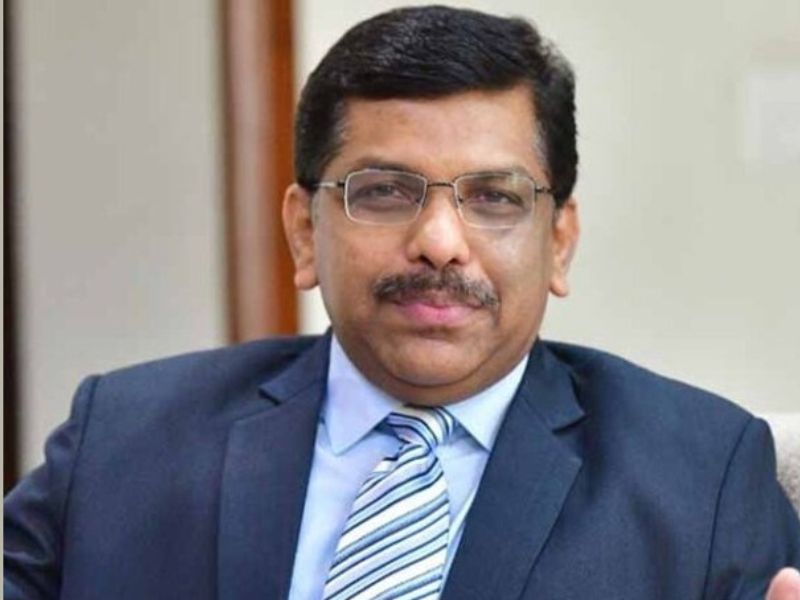The Bangalore-based Live Love Laugh Foundation (TLLLF), a charitable trust set up in 2015 to lend hope to every person experiencing stress, anxiety, and depression (SAD), in collaboration with the Public Health Foundation of India (PHFI), a premier public health organisation in the country, and Association of Healthcare Providers (India) (AHPI), has recently launched a Certificate Course in Common Mental Disorders (CCCMD).
The course aims at enhancing the knowledge, skills and competencies of primary care physicians to identify and manage common mental disorders. 143 primary care physicians from 17 states have registered for the first cycle of the course which is conducted online. 65 percent are medical graduates (MBBS), while the remaining 35 percent are postgraduates in various specialities. Participants have average clinical experience of 16 years. 79 percent of the attendees are from the private sector, 17 percent from various state governments and 4 percent from the central government. The first cycle of the course is being conducted at four centres: Delhi, Mumbai, Bangalore, and Kolkata. PHFI is the implementing partner; TLLLF is the knowledge & grant partner; AHPI is the strategic partner. For more information, visit http://mentalhealthedu.org/.
Commenting on the launch of the new course, Dr Shyam Bhat, trustee of The Live Love Laugh Foundation said, “For a country of 1.3 billion, we have only about 8000 psychiatrists. Clearly there is a huge need-gap and without primary care physicians becoming a part of the mental healthcare workforce, we cannot win this battle”.
Dr Bhat also noted that suicide was the leading cause of death for Indians between the ages 15-39. “Many studies have shown that people who are suicidal would have consulted their primary care physician in the weeks prior to the event although they may have never met a psychiatrist. Physicians can be at the frontline for our country in the detection, diagnosis and treatment of common mental disorders. If our primary care physicians are adept at treating such illnesses, we know that this country can make a transformation. At least 40 perceny of people who consult their physicians, have significant psychiatric comorbidity. Treating psychiatric comorbidity will improve outcomes in various physical conditions.”
Dr Sandeep Bhalla, director – training, Public Health Foundation of India, said “The treatment gap in India is over 70 percent and as predicted by WHO, by 2020, about 20 percent of the population will suffer from mental illnesses. The situation may get worse due to the COVID 19 pandemic. The Training Division of PHFI is committed to addressing the healthcare challenges faced by Indian communities by training healthcare professionals in evidence-based practices and new advances in the field of healthcare. We have trained around 30,000 primary care physicians nationwide through various courses since 2010. These physicians are the first point of contact for any community member and hence it becomes important they are also trained to manage common mental health disorders. This course is an effort to integrate mental health into primary healthcare and facilitate patient-centric and holistic services.”
Dr Alexander Thomas, president, Association of Healthcare Providers, said, “Mental health must be aligned with primary care. There is still social stigma attached to mental health disorders and its treatment, which contributes to people with these conditions being neglected around the world especially in LMICs (lower middle-income countries). People still believe that mental disorders can only affect a small set of the population. However, India alone accounts for nearly 15 perceny of global mental, neurological, and substance abuse disorder burden. Add to this the fact that there is a shortage of mental health professionals to cater to these patients. Given this, AHPI has collaborated with PHFI and TLLLF to train primary care physicians in common mental disorders. This is a step towards tackling the increasing number of mental disorder cases and providing them timely treatment after accurate diagnosis.”
A baseline study conducted by PHFI at the start of the course found that about 30 percent of physicians could not identify the correct behavior that warrants a mental health evaluation. 41 percent physicians thought that people with severe mental health problems cannot recover fully. While 25 percent physicians were unable to identify common symptoms of schizophrenia, only 48 percent knew that men with anxiety disorder have a high risk of developing alcohol abuse.
Also read: Queries on mental health of kids triple during lockdown
Posted in Corporate, News
























